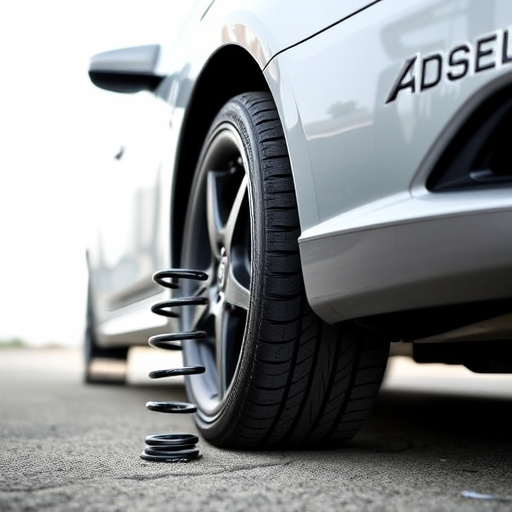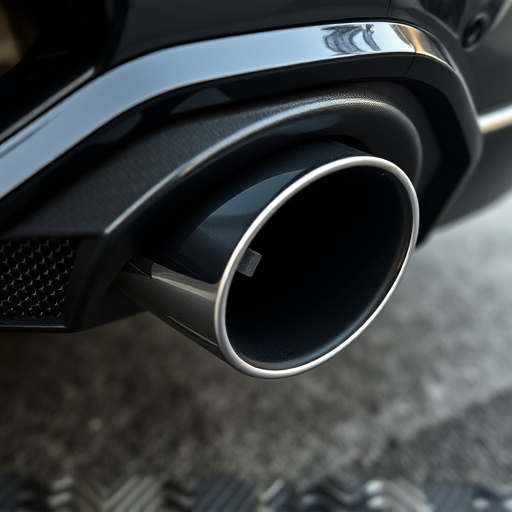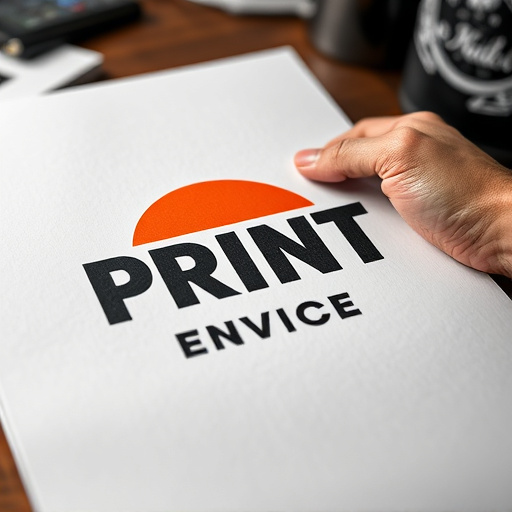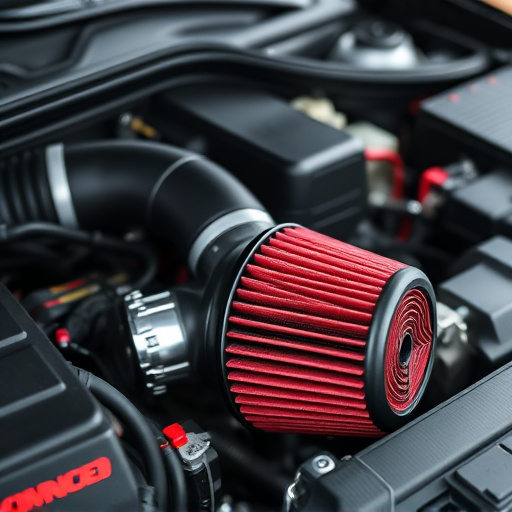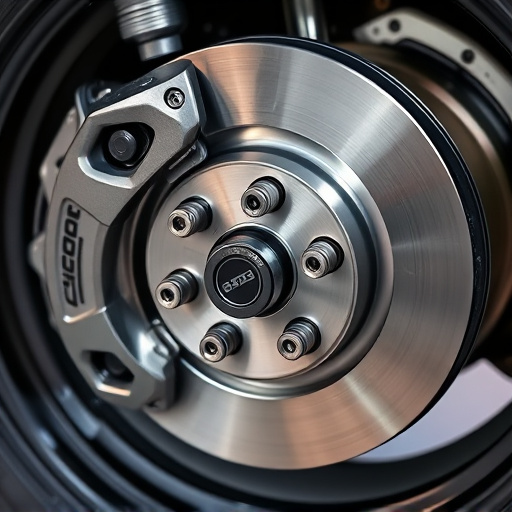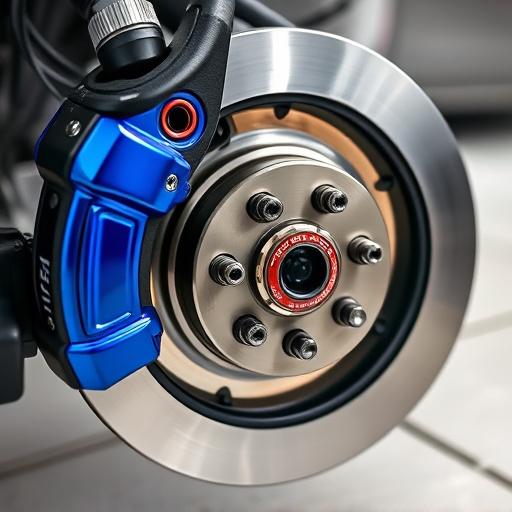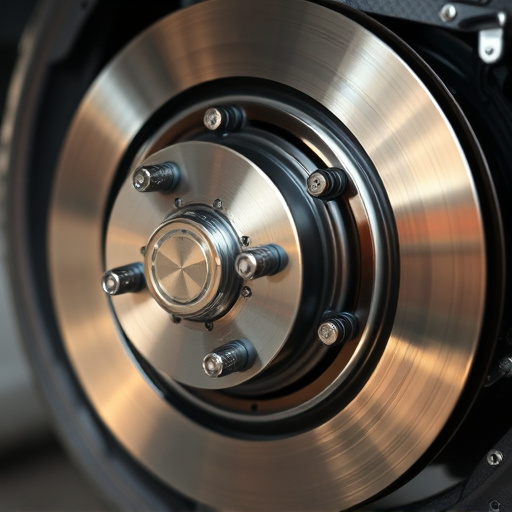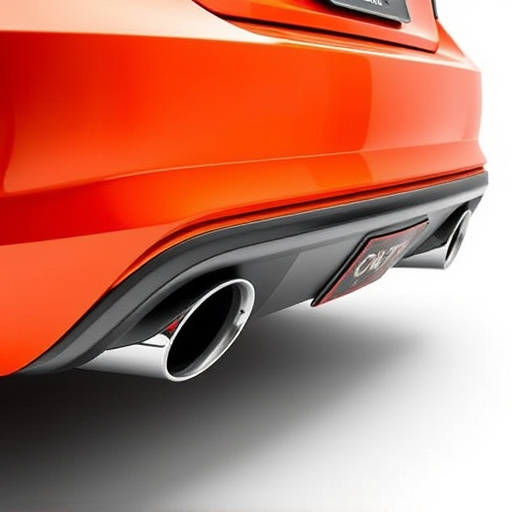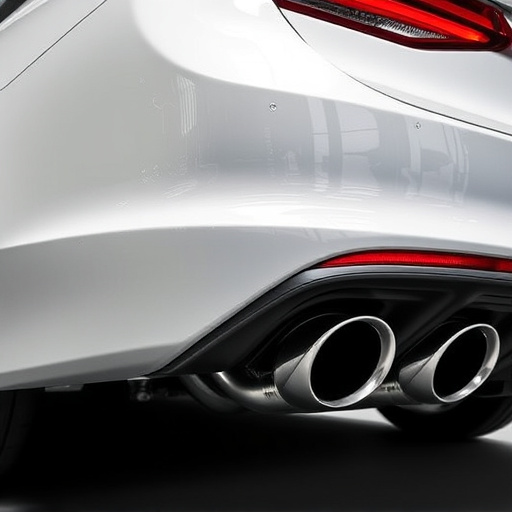Catalytic converters, vital for modern vehicles, transform harmful emissions into less toxic substances, enhancing environmental safety and engine performance. Regular replacement is key to maintaining exhaust system efficiency. Unusual vehicle symptoms like reduced performance or increased fuel consumption may indicate issues, ranging from repairable problems to needing a new converter. Consider costs of repair vs. replacement; the latter offers improved performance, economy, and longevity.
Is it time to replace or repair your catalytic converter? This crucial decision involves considering the heart of your vehicle’s emissions control system. Catalytic converters reduce harmful gases, ensuring cleaner air and smoother performance. Understanding their basic functions and common issues is key. This article guides you through the process, helping you decide between replacement and repair. We’ll explore signs requiring immediate action, cost comparisons for long-term savings, and expert tips to make an informed choice about your catalytic converter replacement needs.
- Understanding Catalytic Converters: Basics and Functions
- Signs That Require Replacement vs. Repairable Issues
- Cost Comparison: Replacing vs. Repairing for Longevity
Understanding Catalytic Converters: Basics and Functions
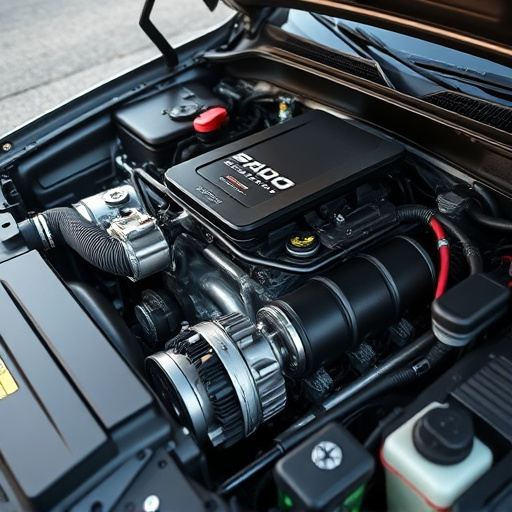
Catalytic converters are integral components of modern vehicles’ exhaust systems. These devices play a crucial role in reducing harmful pollutants and emissions from the engine. At their core, they facilitate a chemical reaction that transforms toxic gases into less harmful substances, contributing significantly to both environmental safety and vehicle performance.
A catalytic converter works by allowing exhaust gases to flow through a porous structure coated with precious metals like platinum, palladium, and rhodium. These metals act as catalysts, initiating chemical reactions that break down pollutants such as carbon monoxide, nitrogen oxides, and hydrocarbons into less toxic compounds, primarily water vapor, carbon dioxide, and nitrogen gas. This process not only improves air quality but also enhances the overall efficiency of the exhaust system, including muffler tips and brake rotors, by promoting smoother gas flow.
Signs That Require Replacement vs. Repairable Issues
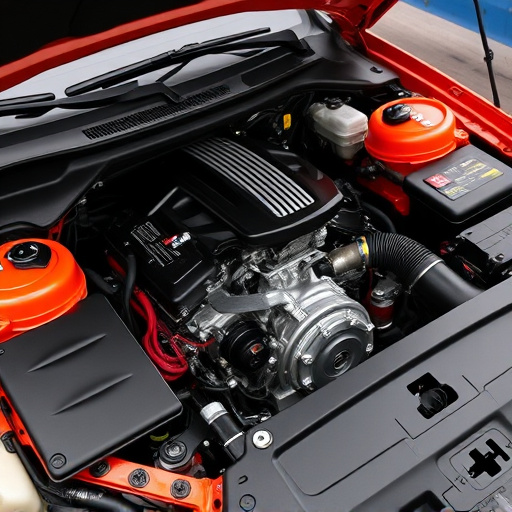
If your vehicle is exhibiting unusual symptoms, it might be a sign that your catalytic converter needs attention. One of the clearest indicators of a problematic catalytic converter is reduced engine performance and efficiency. This could manifest as a loss of power, particularly during acceleration, or an increase in fuel consumption. These issues often point towards a faulty converter, which may need either replacement or repair.
Another aspect to consider is the presence of check engine lights or error codes. These lights are designed to alert drivers to potential problems, and they can be triggered by catalytic converter issues. Additionally, unusual exhaust sounds, such as loud rumbling or popping noises, could suggest a damaged or deteriorating converter. Regular maintenance, including checking the air filter kits and inspecting exhaust tips, can help identify repairable issues before they escalate into more costly replacements. A performance exhaust system, while enhancing sound and power, may also provide insights into the overall health of your vehicle’s emissions components.
Cost Comparison: Replacing vs. Repairing for Longevity
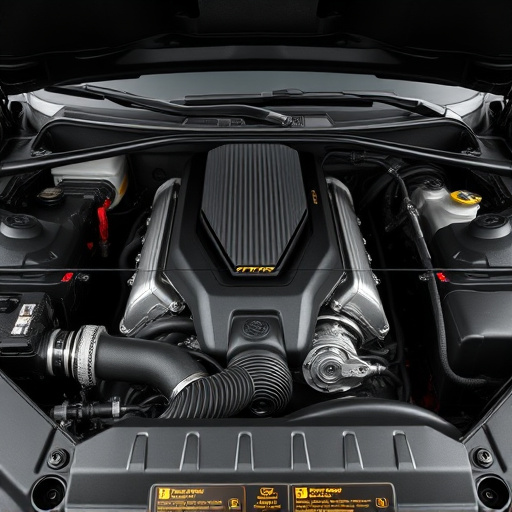
When considering whether to replace or repair a catalytic converter, cost is a significant factor. While a complete catalytic converter replacement can be expensive, it often offers a longer-term solution and improved vehicle longevity. This is especially true for older vehicles where repairs might become more frequent and costly over time. A new catalytic converter can enhance exhaust system efficiency, leading to better fuel economy and reduced emissions, which could pay off in the long run.
On the other hand, repairing a catalytic converter typically involves replacing damaged parts within the unit itself, such as fixing oxygen sensors or replacing defective components. This option is generally more affordable but may not guarantee the same level of performance and longevity as a complete replacement. Over time, repeated repairs can add up to nearly the cost of a new converter, making replacement the more economical choice for maintaining optimal vehicle performance and extending the life of your exhaust system.
When deciding between catalytic converter replacement or repair, understanding both options is key. While repair can extend the life of your existing converter, replacement offers a fresh start with improved efficiency and emissions control. Considering factors like cost, vehicle age, and the extent of damage will help you make an informed choice. For many, catalytic converter replacement proves to be the more sustainable and cost-effective solution in the long run, ensuring your vehicle meets environmental standards while enhancing its overall performance.

